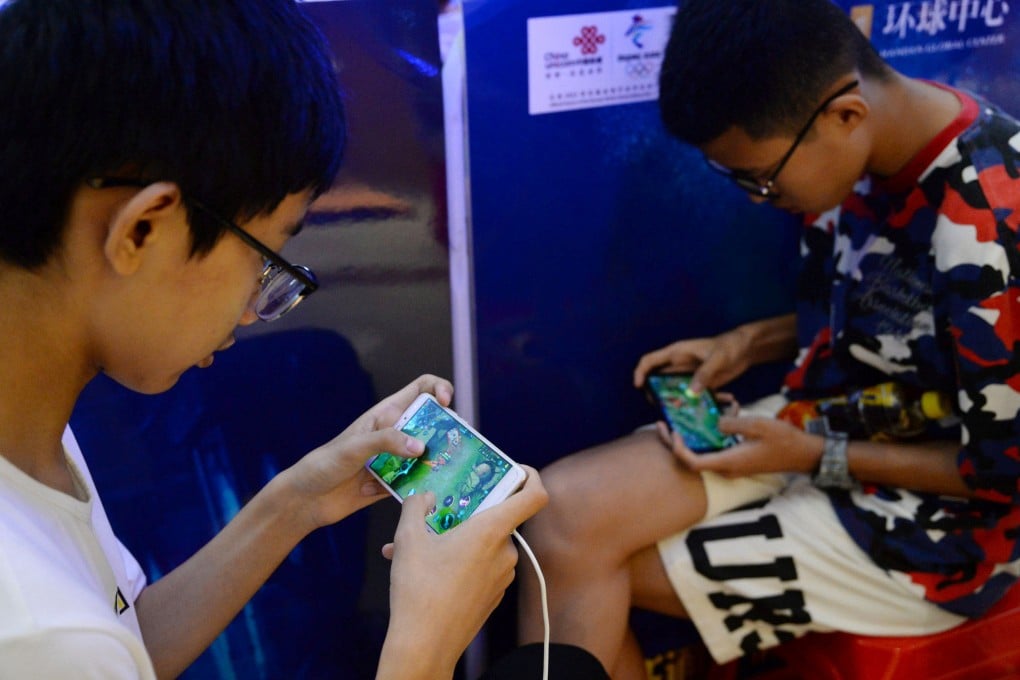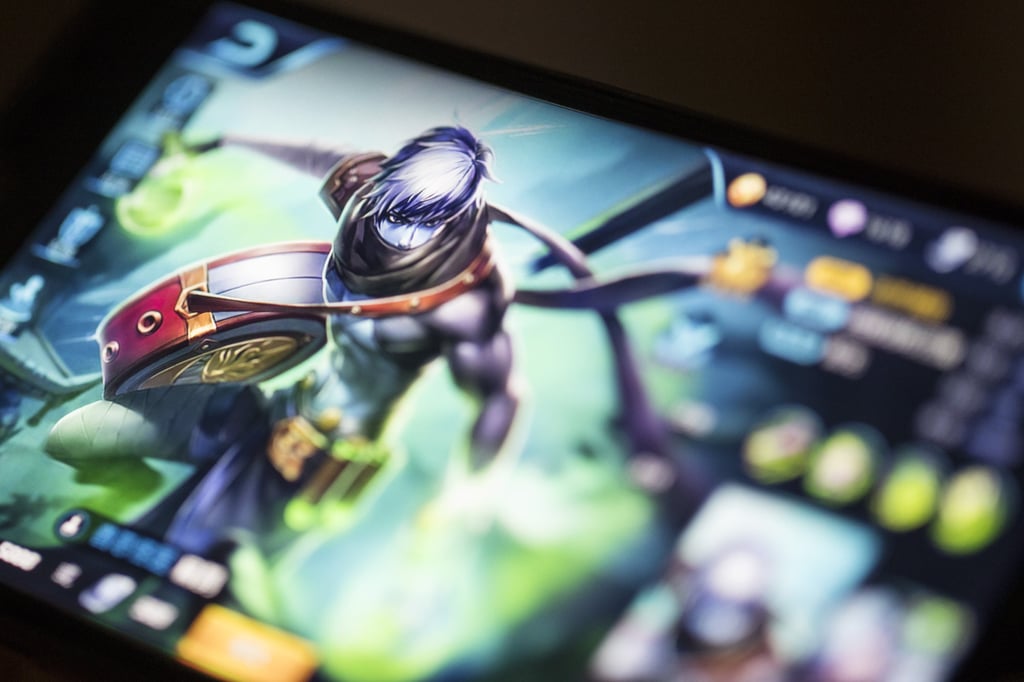President Xi Jinping puts spotlight on video game addiction as he raises concerns about teenagers
- Chinese President Xi Jinping raised the issue of video game addiction at the ‘two sessions’ political gathering in Beijing, reigniting debate
- Proposed solutions from legislators range from facial recognition and real-name registration to banning celebrity endorsements

Video game addiction was a hot topic at this year’s meeting of China’s National People’s Congress, which ended on Thursday, with President Xi Jinping joining related talks and listing game addiction as a concern for psychological health, fanning speculation about Beijing further tightening gaming regulations.
Xi initially raised the issue on Saturday at the Chinese People’s Political Consultative Conference (CPPCC), the other half of China’s annual “two sessions” event. He discussed gaming addiction among China’s youth with representatives from the country’s health care and education sectors, according to state news agency Xinhua.
Addiction to online games, along with “other dirty and messy things online”, could have a bad influence on Chinese juveniles because they are not psychologically mature, Xi said in remarks published by Xinhua.

More radical voices at the two sessions called for a ban on celebrity endorsements for online games, limiting the number of ads for games and developing custom smartphones for minors.